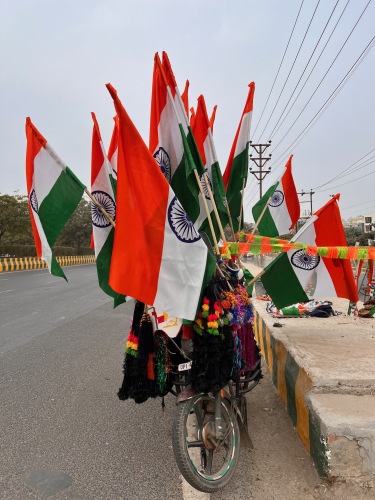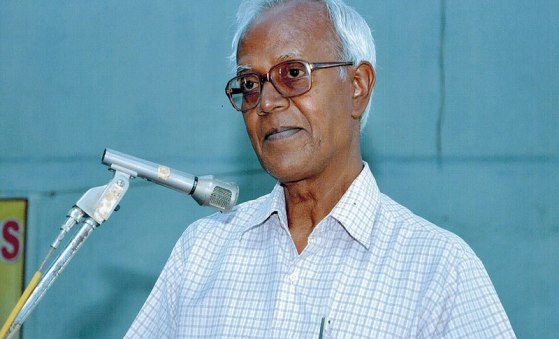
Maharashtra’s Revenue Minister Chandrashekhar Bawankule announced on July 9 that the state government will introduce legislation to prevent religious conversions, while ordering investigations into unauthorised churches in tribal areas.
Speaking in the state assembly during a debate initiated by BJP MLA Anup Agrawal and other legislators, Bawankule said he would consult Chief Minister Devendra Fadnavis on framing the anti-conversion law. “A strict law to prevent religious conversions will be enacted in the state,” the minister stated.
The announcement came after legislators raised concerns about religious activities in the Dhule-Nandurbar region. Bawankule instructed the divisional commissioner to conduct a probe into unauthorised churches in this area and address them within six months. The Nandurbar district is designated as a Scheduled Area under the Fifth Schedule of the Constitution and is home to tribal communities including the Bhil and Pawra.
BJP MLA Atul Bhatkalkar questioned the six-month timeframe, asking why immediate action was not being taken against unauthorised religious structures. Bawankule responded that complaints needed to be investigated before proceeding, but assured that illegal structures would be demolished following due process.
MLA Gopichand Padalkar alleged that more than 150 unauthorised churches have been constructed on village and government land in Navapur taluka without permission from either the Gram Panchayat or the Home Department. He claimed that Christian missionaries and recent converts are enticing tribals and non-tribals into converting through inducements and incentives.
Anup Agrawal alleged that in Navapur, within Dhule district, missionaries are using foreign funding for healthcare and education initiatives while working to convert tribals. He claimed that “tribals and non-tribals in Nawapur (Dhule district) were being lured into converting to Christianity. The missionaries work through foreign funding for health, education and work for converting the tribals.”
Several BJP leaders, including MLAs Sudhir Mungantiwar and Sanjay Kute, supported the concerns raised. Kute noted that conversions are occurring not just in Nandurbar but across tribal regions throughout Maharashtra.
Bawankule referenced government orders dated 5 May 2011 and 7 May 2018, stating that any church built without prior permission would be removed. He announced plans for a state-wide survey of unauthorised religious structures to be completed within six months, with a high-level inquiry already initiated. The minister assured that all actions would be taken in accordance with Supreme Court rulings and state regulations.
The minister also announced that a comprehensive study of conversion cases would be conducted to guide the development of stringent legislation, with discussions involving legal experts planned.
Speaking to Christian Today, Rev. Vijayesh Lal, General Secretary of the Evangelical Fellowship of India, said: “We are deeply concerned about the implications of anti-conversion legislation. Experience in states like Uttar Pradesh has shown that such laws can be misused to target and harass Christian pastors and believers, as documented by various media outlets. We trust that Maharashtra will uphold the constitutional principles of freedom of religion and belief that are fundamental to our democracy.”
This development would bring Maharashtra in line with several other Indian states that have enacted anti-conversion laws. Neighbouring Gujarat had previously introduced similar legislation during the tenure of the late Chief Minister Vijay Rupani, though certain provisions faced legal challenges.
The proposed legislation comes as the BJP-led government in Maharashtra, following its recent electoral victory, has taken the predictable stance on religious conversion issues. The timeline for introducing the proposed legislation has not been specified.




